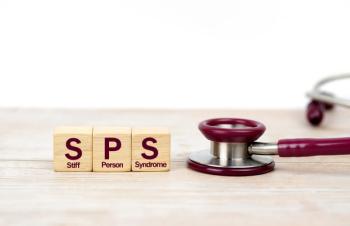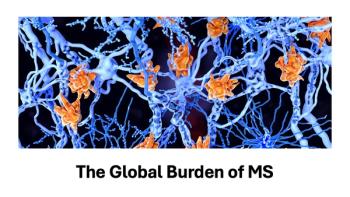
CAR T Cells Could Change the Face of Autoimmune Therapy | Research Review
Manipulating T cells to target cancer cells has worked to treat some cancers. Researchers are investigating whether the same approach might be used to curb the dysregulated immune response that underlies autoimmune disease.
Cellular therapies like chimeric antigen receptor (CAR) T cells could represent a promising new avenue by which to treat autoimmune diseases, according to a recent review article. The authors cautioned, however, that most of the research testing CAR-based therapies has been in very early-stage trials.
CAR T cells are human cells that have been genetically modified to express a synthetic receptor, The cells have been used successfully as a therapy in several types of cancer, such as large B-cell lymphoma and multiple myeloma.
“A better knowledge of pathogenic pathways and recent developments in cell production have led to the creation of new, specific treatments that significantly change interactions between cells and patient outcomes,” they wrote.
The authors outlined a number of autoimmune diseases in which CAR T cells or similar therapies have been studied, with varying results.
For instance, in systemic lupus erythematosus (SLE), they said there is “great promise.” In animal models, CAR T cells have been shown to reduce symptoms and extend survival, they said. In two small human studies (one of 5 patients, the other involving just one patient), CAR T cells led to remission for at least 8 months and 20 months, respectively. There are currently at least four clinical trials of CAR T cells in SLE taking place, they said.
In Sjogren’s syndrome, no animal studies have yet taken place, but the authors said there is a single-arm, open label trial of compound CAR T cells currently underway to test the therapy’s safety and efficacy.
In rheumatoid arthritis, while the authors said there are logical reasons to think CAR T cells could be beneficial, the current scientific literature is minimal, and there were no ongoing trials as of the authors’ writing.
CAR-based therapies are also being studied in systemic sclerosis, immune-mediated neurological disorders, and pemphigus vulgaris, among others, they said.
There are, however, a number of limitations that Műzes and Sipos said need to be considered when think about the use of CAR T cells. The therapies are time-intensive, costly and require significant expertise to create and administer. Advances in technology and the processes used to make the therapies may help alleviate those limitations, but Műzes and Sipos said the future of those advances remains to be seen.
They also noted that CAR T cell therapy has side effects such as cytokine release syndrome and neurotoxicity. Another challenge they mentioned is identifying which autoantigens to target.
The investigators said it remains unclear what role CAR T cells will ultimately play in autoimmune therapy, but they said the existing data indicate that the therapies could lead to positive results.
“These encouraging findings may pave the way for an additional ambitious therapy objective of obtaining extended remissions, which may become attainable in the near future,” wrote Műzes and Sipos. They added the proviso that if such therapies are developed, another layer of research will need to identify ways in which patients would be most likely to benefit from the therapy.
Newsletter
Get the latest industry news, event updates, and more from Managed healthcare Executive.























